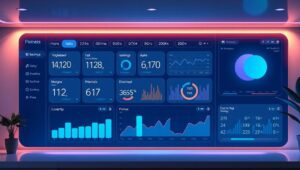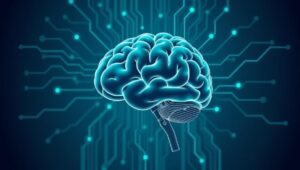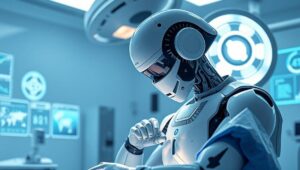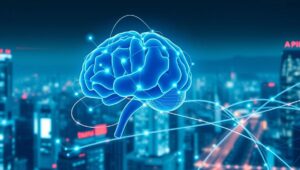May 22, 2025
Reinforcement Learning: Powering the Next Wave of AI (Post-2025)
Reinforcement Learning: Powering the Next Wave of AI (Post-2025) Reinforcement Learning (RL) is poised to revolutionize the field of artificial intelligence in the coming years. While machine learning and deep learning have already made significant strides, RL offers a unique approach to training AI agents, enabling them to learn through interaction with an environment. This post explores the potential of RL to drive the next wave of AI innovation, focusing on key applications and future trends. Understanding Reinforcement Learning RL differs from other forms of machine learning in its training methodology. Instead of relying on labeled datasets, RL agents learn







